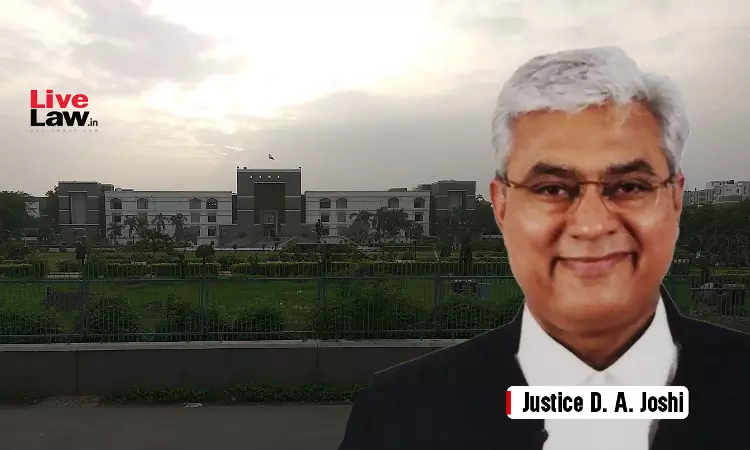Gujarat High Court Grants Bail In Case Of Alleged Issuance Of Invoices Without Supply Of Goods Under CGST Act
Bhavya Singh
18 March 2024 6:00 PM IST

Next Story
18 March 2024 6:00 PM IST
The Gujarat High Court has granted bail for an individual implicated in a case related to an FIR filed under Sections 132(1)(b) and (1) of the Central Goods & Services Tax Act, 2017. The case revolves around the purported issuance of GST invoices without actual delivery of goods, allegedly resulting in a significant financial loss to the government treasury.Justice Divyesh A Joshi...
